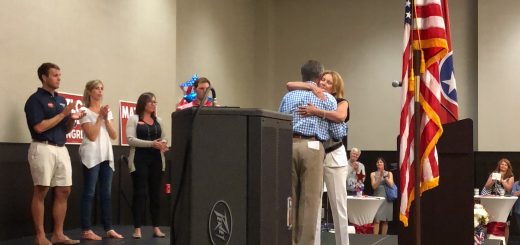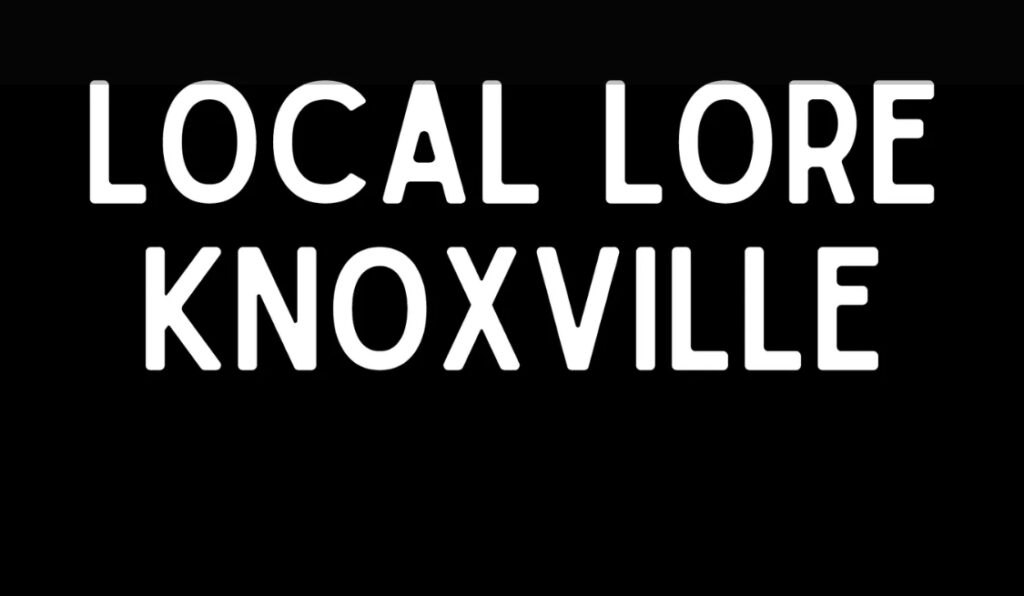I have just completed reading United States Senator Zell Miller’s book A National Party No More. This is an excellent book for anyone that has a interest in politics or the operation of government.
I now understand why Governor Bredesen believed in the lottery for scholarships and for a pre-k program. This is the exact route that Governor Miller took as Georgia’s Governor. I disagree with the lottery, on the grounds that it becomes addictive and hurts the middle to low income families. The families that can least afford to have a financial drain on their pocketbook, all for the dream of finding the pot of gold at the foot of the rainbow. The pre-k program, is a financial impediment on the backs of taxpayers of this state. I have three children that were in different forms of pre-school, but that is my responsibility as a parent and not the governments.
He details how his views have been shaped over the years. I was impressed with his detailing how he came from being a pro-choice democrat to realizing the devastation of abortion. How he came to the conclusion that ultimately led to his decision to change his position to respect life and become a pro-life democrat.
He ends the book with a great story about offering his opinion when it is sometimes not wanted or needed. However, his conscience that was shaped by his single mother to he and his sister, raised in the North Georgia mountains of Young Harris could not allow him to be quiet any longer.
Here are a few excerpts that impressed me:
Senator Miller makes a point in Chapter 9 If Fingerprints Showed Up On Skin to be considered in the aftermath of Operation Tennessee Waltz.
“Most Americans must surely wonder why we are reduced to begging. After all, those elected to Congress are paid $150,000.00 a year, which puts us in the top 5 percent tax bracket (that bracket the class warfare warriors call the “super rich”). In some cases. That’s not enough to live on and so it seems spouses have to work as lobbyists. Now I have nothing against spouses working-mine has held jobs most of our fifty years of marriage. But as a lobbyist? Seeking to influence legislation? Give me a break. Talk about “gathering ye rosebuds while ye may.” It gives new meaning to “pillow talk.” I cast no aspersions on the ones who do this, nor do I doubt their honesty. But in a business where “perception” is just about the same as “reality,” it looks suspicious as hell. It looks like someone’s riding the gravy train. It does not pass the smell test.”
“It is time to put duty before dollars, not only in Washington, but in our statehouses as well. The present system is rotten to the core.”
In Chapter 18 A Culture of Greater Expectations, Senator Miller talks about the problem with teacher unions and what the schools of tomorrow will look like. He talks about the public demanding smaller schools, I would disagree with his assertion that smaller schools are academically superior.
Two examples: One, the Farragut High School Class of 2005 have been offered more than $8.3 million dollars in scholarships (this does not include lottery money) The Valedictorian and Salutatorian are headed to Harvard University.
Two: In Bill Bennett’s 1992 book The De-Valuing of America, the former Secretary of Education says on page 86 ” Despite the fact that parents and teachers alike tend to prefer small classes, research does not show any strong positive correlation between smaller class size and achievement. The critical factor – as common sense and experience testify – is not the size of the class but the quality and command of the teacher. Some teachers, like Escalante, can hold the attention and motivate the work of one hundred students at once. For other teachers, to teach one student would be too hard.”
The remaining majority of his chapter on public education I agree with. Here is an example.
“Research tells us that kids remember 10 percent of what they hear, 20 percent of what they see, 40 percent of what they discuss, and about 90 percent of what they do. Yet we still stand the teacher up in front of rows of desks and assume that if the kids are quiet while the teacher’s talking, they must be learning.”
Here is another excerpt from Chapter 18.
“Think about private schools for a minute. How do they do it? They know who their constituency is and they are accountable to it. They know what parents expect for that $20,000, and they deliver it. They set high performance standards and create a culture that meets those greater expectations.
Now think about public schools. When parents and taxpayers are unhappy with public schools, superintendents are sometimes fired and school board members sometimes lose elections. But those who actually make most of the decisions are insulated from the parents and the taxpayers inside the education bureaucracy, safe in their cocoon, from public pressure and accountability.”
“Schools must belong to their communities, not to government. If parents, businesses, volunteers do not have the opportunity to participate and contribute in meaningful ways…If they do not have a sense that the school will be accountable to them, then they will see no point in being involved.”
This book is a MUST read…






















